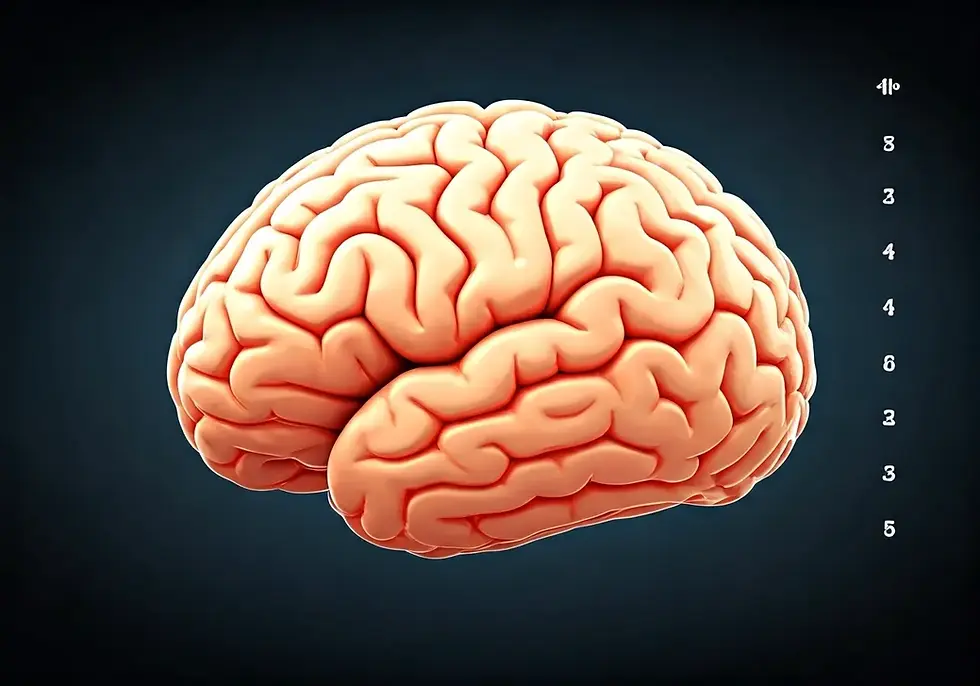Are ADHD Life Skills Different for Children and Adults?
- Clearpath
- Jul 14, 2025
- 2 min read
Understanding ADHD life skills is crucial for both children and adults dealing with ADHD. While some skills may overlap, the approach and necessities might differ. Let's explore whether these skills are different across age groups and what it means for those living with ADHD.

Understanding ADHD and Its Implications
Before diving into life skills, it's essential to understand what ADHD is and how it manifests in different age groups. ADHD, or Attention-Deficit/Hyperactivity Disorder, affects attention, impulse control, and executive function.
ADHD tends to present differently in children and adults. While children may struggle primarily in academic settings due to hyperactivity or impulsivity, adults often face challenges in professional environments where prolonged focus and task management are crucial. This variance underscores the necessity for age-specific approaches in developing life skills.
ADHD Life Skills for Children
For children, life skills often focus on managing behavior, staying organized, and developing social skills. These foundational skills help in academics and interactions with peers.
Daily routines can play a significant role in helping children with ADHD. Establishing consistent schedules aids in reducing anxiety and creating a sense of security, enabling better focus and task completion.
Parents and educators can foster better social skills by encouraging cooperative play and teaching children how to express their feelings constructively. These early interventions often set the stage for improved interpersonal relationships as children grow.
ADHD Life Skills for Adults
Adults with ADHD may need to focus on skills like time management, employment tasks, and maintaining relationships. Adulthood skills often involve complex decision-making and long-term planning.
Developing strong organizational skills can be a game-changer for adults with ADHD. Utilizing tools such as planners and digital apps can streamline tasks and deadlines, minimizing the stress that comes with juggling multiple responsibilities.
Another critical skill for adults is relationship management. Communication exercises and therapy can assist adults with ADHD in maintaining strong, healthy relationships, both personally and professionally.
Common Life Skills Across All Ages
Some life skills, such as organizational strategies and mindfulness practices, can benefit both children and adults. Understanding and improving these shared skills can create a more consistent routine for individuals with ADHD.
Mindfulness practices are increasingly recognized for their efficacy in managing ADHD symptoms across all ages. Techniques such as meditation and deep-breathing exercises help in maintaining focus and reducing stress.
Adjusting Life Skills as Needs Change
It's important to remember that life skills need to evolve as an individual grows. Continuous assessment and adaptation of skills are crucial to meet the changing demands of school, work, and personal life.
Regularly evaluating and adapting life skills ensures individuals with ADHD remain on a path of personal growth. This adaptability can involve transitioning from more guided skill-building as a child to personalized strategies that align with career and lifestyle in adulthood.
Bridging the Gap Between Age and ADHD Life Skills
Ultimately, while some ADHD life skills are universally applicable, understanding the unique needs of children versus adults is paramount. Tailoring skills to the individual's age and life stage can promote better management of ADHD and improve quality of life. Visit ClearPath ADHD to learn more about how we can help bridge this gap for you or your loved ones.



Comments